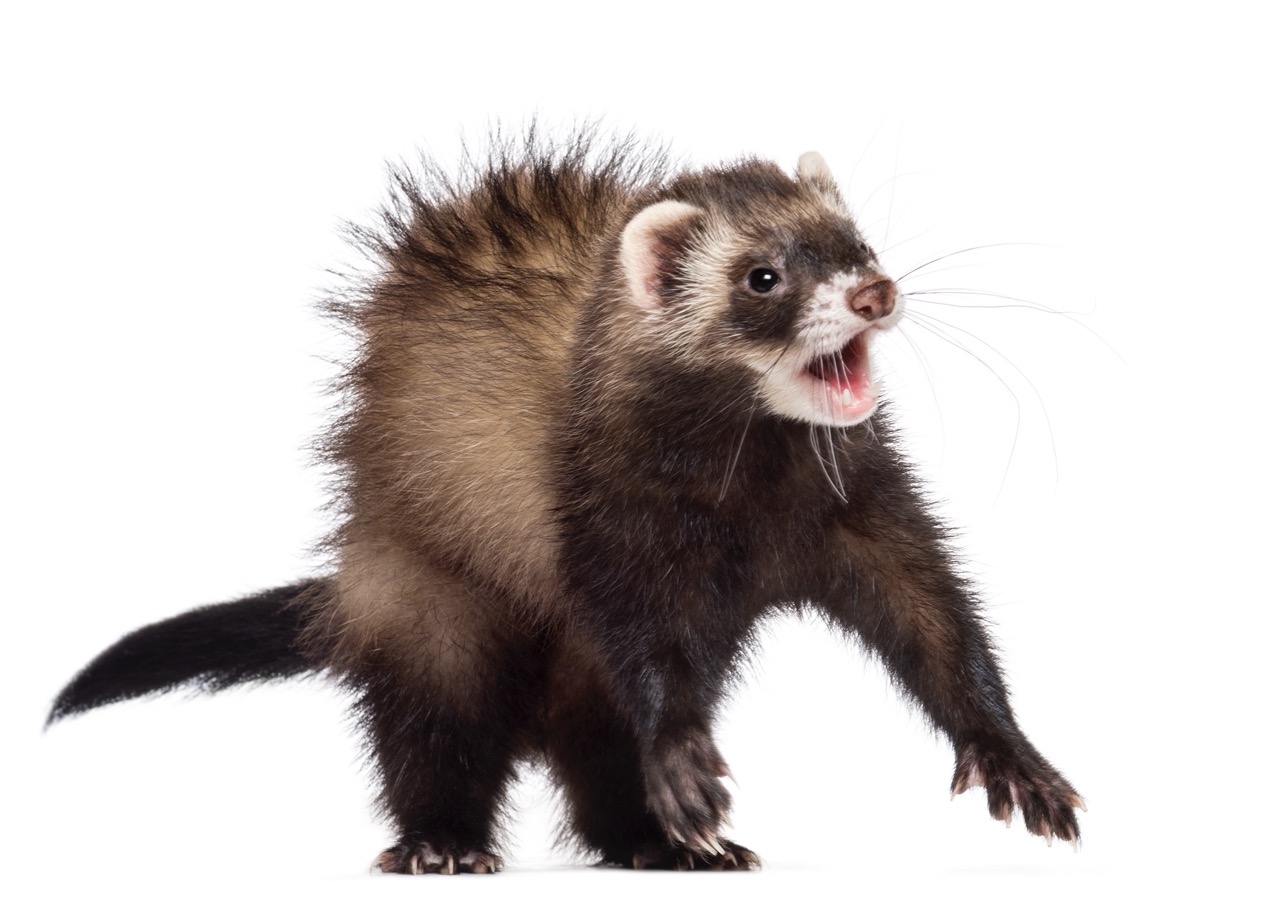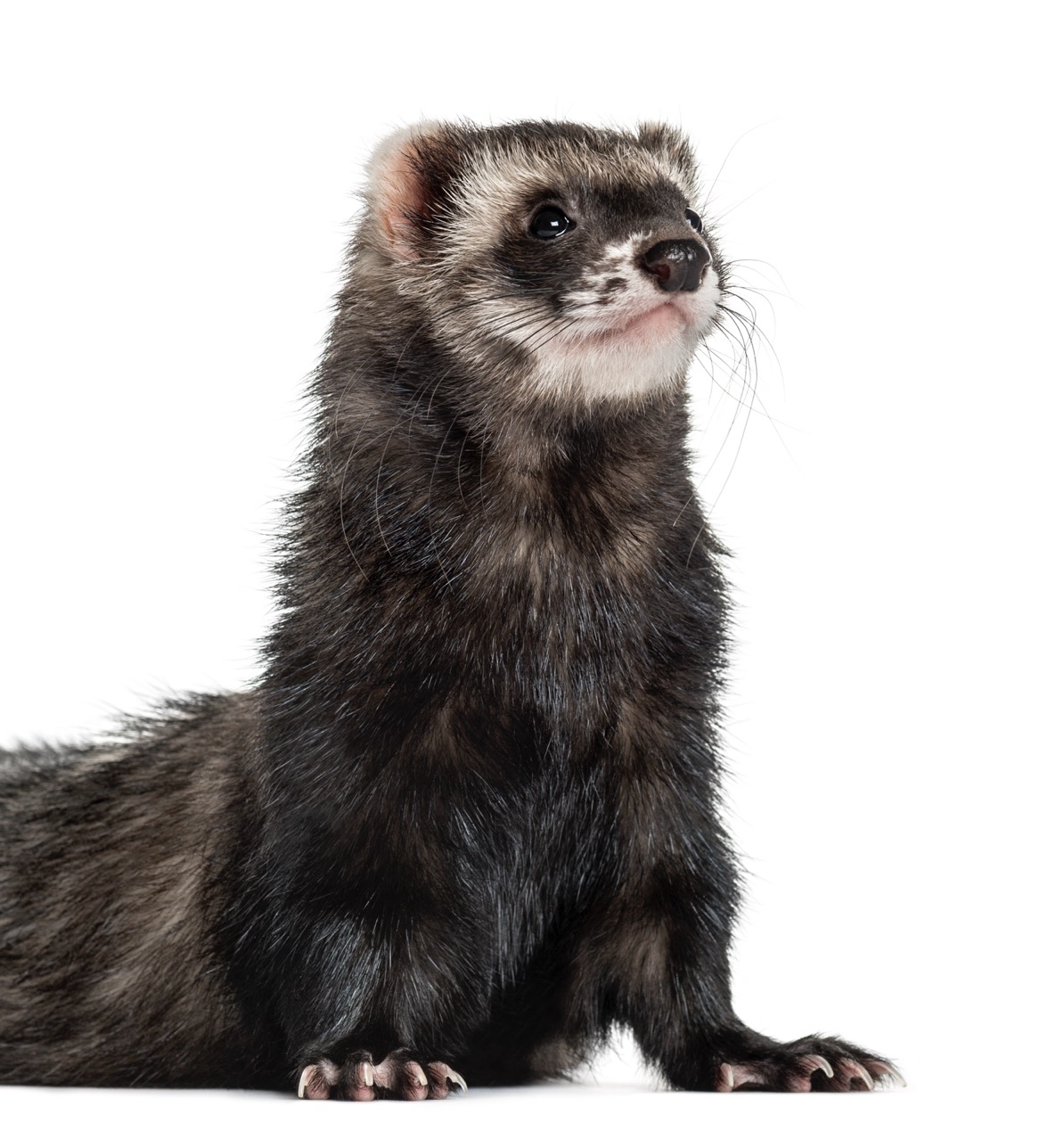Ferrets are energetic and playful pets that require a balanced diet to thrive. As obligate carnivores, their nutritional needs differ significantly from those of other common pets. While a high-quality ferret food can provide most essential nutrients, sometimes supplementation becomes necessary to ensure optimal health. In this article, we will explore the best vitamins and supplements for ferrets, helping pet owners make informed choices about their furry companions’ diets.
Understanding the Nutritional Needs of Ferrets
Ferrets have specific dietary requirements due to their unique digestive systems. Unlike herbivorous or omnivorous pets, ferrets need a diet high in animal protein and fat while being low in carbohydrates. Their digestive tract is short, which means they process food quickly, necessitating frequent meals consisting primarily of high-quality meat sources. Understanding these needs is crucial to preventing deficiencies and health problems in ferrets.
Due to their carnivorous nature, ferrets derive most of their nutrients from animal sources. Key nutrients include proteins, fats, essential fatty acids, vitamins, and minerals. Among these, certain vitamins play a vital role in supporting the immune system, promoting healthy skin and coat, and maintaining overall wellness. Therefore, it’s important to recognize signs of nutritional deficiencies, such as lethargy, poor coat quality, or digestive issues, which could indicate that your ferret requires additional vitamins or supplements.
Moreover, different life stages and health conditions may influence a ferret’s nutritional needs. Young ferrets, pregnant or nursing females, and older ferrets often have different dietary requirements. Hence, it’s essential for ferret owners to adapt their pet’s diet based on age, health status, and lifestyle to meet their specific needs.
Top Vitamins for Ferrets: Essential Nutrients Explained
When considering vitamins for ferrets, Vitamin A, Vitamin D, and B-vitamins are among the most critical. Vitamin A is crucial for maintaining healthy vision, skin, and immune function. A deficiency in this vitamin can lead to serious health issues, including skin problems and weakened immunity. Ferrets often obtain Vitamin A from animal liver and certain supplements, making it essential to include these in their diet.
Vitamin D is another vital nutrient that supports calcium absorption and bone health. Unlike humans, ferrets cannot synthesize Vitamin D through sunlight exposure, making dietary sources even more important. Ferret-specific foods typically contain adequate levels of Vitamin D, but supplementation may be necessary if your ferret is on a restricted diet or has increased needs due to health issues.
B-vitamins, including B1 (thiamine), B2 (riboflavin), B6 (pyridoxine), and B12 (cobalamin), play various roles in metabolism, energy production, and overall health. These vitamins are particularly important for ferrets experiencing stress, illness, or recovery from surgery. Ensuring your ferret receives adequate levels of B-vitamins can help promote a healthy and energetic lifestyle.
Recommended Supplements for Optimal Ferret Health
In addition to vitamins, various supplements can enhance a ferret’s health. Probiotics are one such supplement that can be beneficial for gut health. Ferrets are prone to digestive issues, and probiotics introduce beneficial bacteria that help maintain a healthy gut flora. This can lead to improved digestion, better nutrient absorption, and enhanced immunity.
Another useful supplement is omega fatty acids, which promote healthy skin and coat while also supporting joint health. These essential fatty acids can be found in fish oil or flaxseed oil supplements. Regular inclusion of omega fatty acids in your ferret’s diet can help reduce dry skin and improve coat texture, particularly in ferrets with sensitive skin.
Additionally, certain ferret-specific multivitamins are designed to bridge any gaps in nutrition and provide a comprehensive array of nutrients. These multivitamins can be particularly useful for ferrets that are picky eaters or for those whose diets may lack certain essential components. Always consult your veterinarian to select the right multivitamin that meets your ferret’s unique needs.
How to Choose the Right Vitamins for Your Ferret
Choosing the right vitamins and supplements for your ferret begins with understanding their specific health needs and dietary limitations. Always start by consulting with a veterinarian who specializes in exotic animals or small pets. They can provide tailored advice based on your ferret’s age, weight, health status, and lifestyle. This step is crucial, as not all ferrets require the same supplementation, and over-supplementation can lead to toxicity.
When selecting supplements or vitamins, look for high-quality products specifically formulated for ferrets. The market offers a variety of options, but it’s important to avoid products designed for other pets, as their nutritional requirements can vary greatly. Choose reputable brands that disclose ingredient sourcing and have undergone quality testing to ensure they are free from harmful substances.
Lastly, it’s essential to monitor your ferret’s health and behavior after introducing new vitamins or supplements. Keep an eye on any changes in energy levels, coat quality, and overall behavior. If you notice any adverse reactions or if your ferret appears unwell, consult your veterinarian immediately. Regular check-ups can help ensure that your ferret remains healthy and thriving.
In conclusion, providing the right vitamins and supplements is essential for maintaining optimal health in ferrets. Understanding their unique nutritional needs and selecting high-quality products tailored to those needs can help prevent deficiencies and promote overall wellness. By consulting with a veterinarian and monitoring your ferret’s health, you can make informed decisions that support your furry friend’s vitality for years to come.










